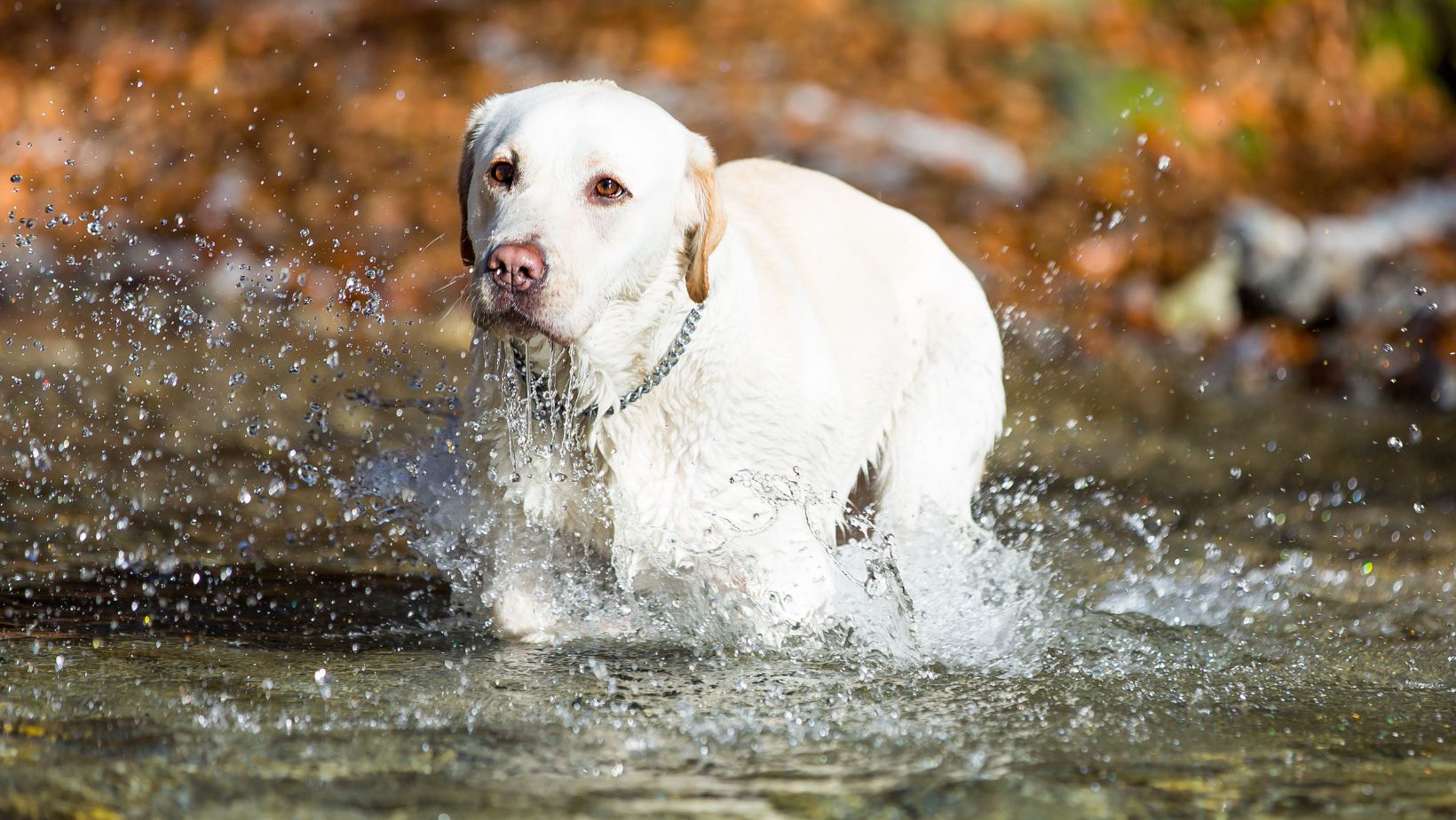How to Become a Certified Dog Walker
Becoming a certified dog walker is an excellent career choice for those who have a love for animals, particularly Labradors. Not only does it provide the opportunity to spend quality time with these lovable creatures, but it also allows you to contribute to their well-being and overall happiness. However, before embarking on this fulfilling journey, there are certain requirements that aspiring dog walkers need to fulfil in order to become certified Labrador walkers.
Firstly, obtaining certification as a dog walker typically involves completing a specialised training program. These programs cover various aspects of dog care and handling, including understanding canine behavior, leash training techniques, basic first aid for dogs, and proper exercise routines. By enrolling in such a program, individuals can gain valuable knowledge and skills that will equip them to handle Labradors in a professional manner.
In addition to completing training programs, becoming a certified Labrador walker may require meeting specific criteria set by certifying organisations or agencies. This can include having previous experience working with dogs or obtaining recommendations from clients or employers who can vouch for your competence and reliability. Some organisations may also require potential candidates to pass an exam or demonstrate practical skills related to dog walking.
Training and Education
When it comes to becoming a certified dog walker, acquiring the necessary training and education is crucial. It not only helps you understand the ins and outs of handling dogs but also enhances your skills in providing top-notch care for these furry companions. Here are some key steps to consider on your journey to becoming a certified Labrador walker:
- Research Training Programs: Start by researching reputable training programs that specialise in dog walking and pet care. Look for programs that offer comprehensive coursework covering topics such as canine behavior, first aid and CPR for dogs, leash handling techniques, and basic obedience training. These programs can provide you with valuable knowledge and hands-on experience.
- Enrol in Certification Courses: Once you’ve identified suitable training programs, enrol in the certification courses they offer. These courses are designed to equip aspiring dog walkers with the necessary skills required to handle different breeds of dogs effectively. By completing these courses, you’ll gain credibility as a professional Labrador walker.
- Gain Practical Experience: While classroom learning is essential, gaining practical experience is equally important when it comes to mastering the art of dog walking. Consider volunteering at local animal shelters or rescue organisations to gain hands-on experience handling different types of dogs, including Labradors. This will help you build confidence in managing various temperaments and behavioural traits.
- Stay Updated with Industry Trends: The world of dog walking is constantly evolving, so it’s important to stay informed about industry trends and best practices for pet care. Join professional associations or online communities dedicated to dog walkers where you can network with fellow professionals, attend workshops or webinars, and stay up-to-date on the latest advancements in canine care.
- Obtain Certification: After completing your training program(s) and gaining practical experience, it’s time to pursue certification as a professional Labrador walker. Research reputable certifying bodies or organisations that offer certifications specific to dog walking services. Meeting their requirements will demonstrate your commitment to providing quality care and give potential clients peace of mind knowing that you are a certified professional.

Experience and Skills
When it comes to becoming a certified dog walker, having the right experience and skills is essential. Not only will it make you more desirable to potential clients, but it will also ensure that you are equipped to handle any situation that may arise while walking dogs, particularly Labrador Retrievers.
Here are some key experiences and skills that can help you on your journey to becoming a certified Labrador walker:
- Previous Dog Handling Experience: Prior experience working with dogs is highly valuable in this field. Whether you’ve volunteered at a local animal shelter, worked at a pet daycare centre, or owned your own dogs, these experiences provide valuable insights into canine behavior and handling techniques.
- Knowledge of Labrador Retrievers: Labradors have unique characteristics and specific needs compared to other dog breeds. Having knowledge of their temperament, exercise requirements, grooming needs, and common health issues will enable you to better care for them during walks.
- Basic Training Techniques: Understanding basic training principles is crucial when dealing with dogs of any breed. Familiarise yourself with positive reinforcement methods and basic commands like sit, stay, and heel. This knowledge will not only help keep the dog safe during walks but also facilitate effective communication with the owner.
- Physical Fitness: Being a dog walker requires physical stamina as you’ll be spending hours on your feet walking multiple dogs each day. Good cardiovascular fitness and strength will allow you to keep up with energetic Labradors who love long walks and playtime.
- Time Management Skills: As a professional dog walker, being punctual is vital since clients rely on your services for their pets’ well-being during specific timeframes. Developing strong time management skills ensures that you can efficiently schedule walks without overlapping or running late.
- Patience and Adaptability: Dogs have different personalities; some may be timid while others could display stubbornness or excitement during walks. Patience is paramount when handling such situations, along with the ability to adapt your approach based on individual dog needs.